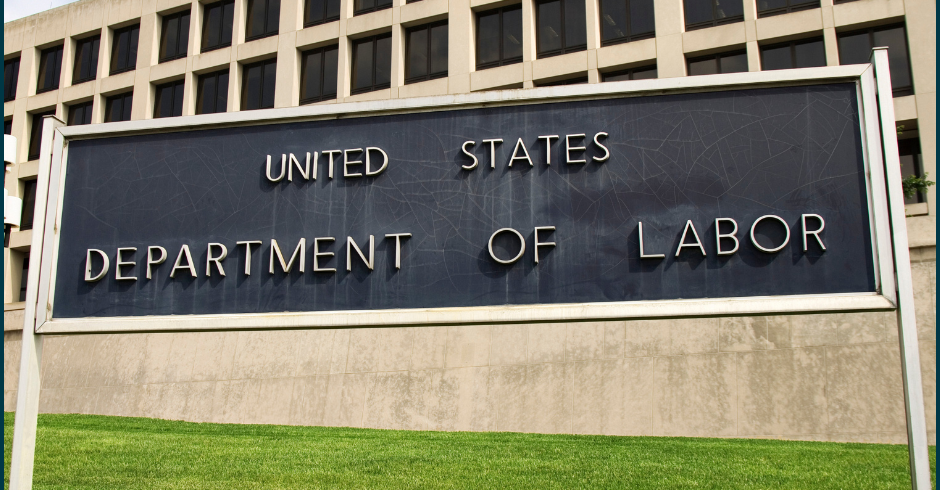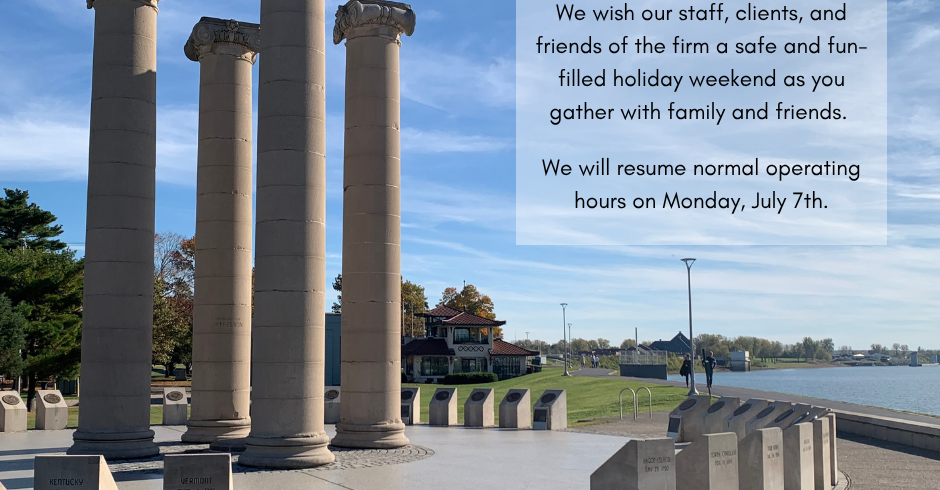On Monday, May 14, 2018, the United States Supreme Court issued a game-changing decision in Murphy v. National Collegiate Athletic Assn. striking down provisions of the federal Professional and Amateur Sports Protection Act of 1992 (PASPA), which prohibited states from authorizing sports betting.
Background: The Professional and Amateur Sports Protection Act of 1992 (PASPA)
Since PASPA was signed into law more than 25 years ago, it has inspired much debate and criticism. PASPA’s proponents argued that it would “protect young people” and “safeguard the integrity of sports,” while opponents believed PASPA to be in violation of the U.S. Constitution’s “anticommandeering” principle by preventing states from modifying or repealing their own laws.
As enacted, PASPA made it unlawful for a state “to sponsor, operate, promote, license, or authorize by law…a lottery, sweepstakes, or other betting, gambling, or wagering schemes based on competitive sports betting.” Although PASPA did not make sports-betting itself a federal crime, it did allow the United States Attorney General, as well as professional and amateur sports organizations, to bring civil actions to enjoin violations. This ability to bring a civil action to enjoin certain acts prohibited by PASPA was the catalyst that brought Murphy v. National Collegiate Athletic Assn. before the Supreme Court.
The Case: Murphy v. National Collegiate Athletic Assn.
In 2014, the State of New Jersey decided to repeal laws prohibiting sports gambling at casinos and racetracks. Not long thereafter, various professional and amateur sports leagues, including the NFL, the NBA and the NCAA, brought action in federal court to enjoin New Jersey from giving effect to the partial repeal. Despite losing in both the Federal District Court for the District of New Jersey and the Third Circuit Court of Appeals, New Jersey took its case to the U.S. Supreme Court, who in a 6-3 decision, ruled in favor of the State of New Jersey finding that PASPA violated the “anticommandeering” clause of the Constitution.
Writing for the Court, Justice Samuel Alito explained, “[t]he legalization of sports gambling requires an important policy choice, but the choice is not ours to make. Congress can regulate sports gambling directly, but if it elects not to do so, each state is free to act on its own. Our job is to interpret the law Congress has enacted and decide whether it is consistent with the Constitution. PASPA is not.”
This decision is significant as it now empowers each of the 50 states to decide whether to permit betting on sports. It also leaves many stakeholders to try and work through future conflicting state laws, internet gambling, participation by professional sports leagues and teams, revenue sharing, and other complexities. While New Jersey is a starting player, it is likely other states will soon be joining the game to battle through the challenges.
About the Author

J.R. Trockman, an attorney at Kahn, Dees, Donovan & Kahn, LLP (KDDK), in Evansville, Indiana, is a proactive attorney who often serves clients in the business, construction, healthcare, insurance and real estate industries with matters including contract review, business formation, public design-build contracts, debt collection and subrogation. His strong research and time management skills benefit clients, as do his responsiveness, consistency and fair-mindedness.






